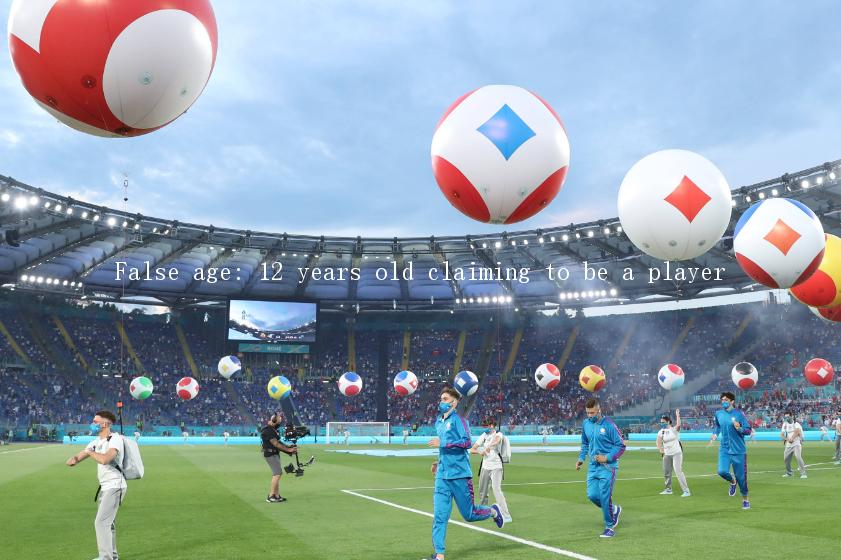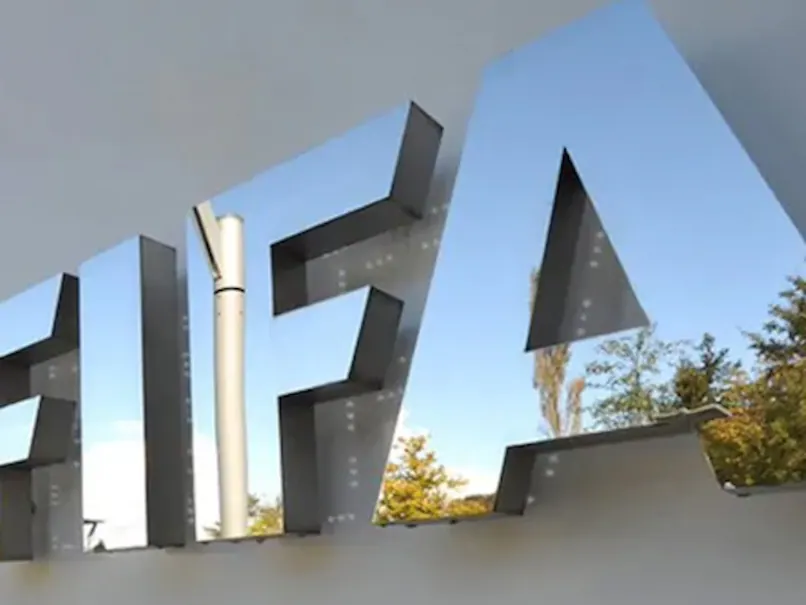False age: 12 years old claiming to be a player

The story of a 12-year-old boy with a false age who claimed to be a player has caused a stir on social media recently.
The teenager, who identified himself as a 12-year-old player, posted photos and videos of himself participating in the game on social media, claiming that he had become a player and demonstrated excellent skills on the court. However, many netizens expressed doubts about his age and strength and called for an investigation into the truth.
As the investigation deepened, the truth gradually emerged. It turned out that this boy was not 12 years old, but a young man who was already over 20 years old. He disguised his age as 12 by modifying photos and falsifying information to attract more people's attention and gain public attention and praise.
This kind of false self-expression is really unsatisfactory. Behavior such as falsely stating your age is not only a deception to others, but also a disrespect for yourself. What is even more worrying is that such behaviors can easily be imitated by young people, thus affecting the values and moral practices of the entire society.
The emergence of false age issues is also related to the popularity of social media. On social media, users can create their own information to achieve certain goals, such as attracting attention, increasing fans, etc. However, this kind of falsehood is a lack of respect for other users and irresponsible behavior towards social media platforms. Therefore, we need to strengthen the regulation and supervision of the use of social media and be vigilant against the spread of false information.
There was an uproar about this false age person who claimed to be a player. People expressed their dissatisfaction and condemnation of him one after another, and hoped that relevant departments could hold him accountable in accordance with the law. This also reminds us that we cannot be deceived by false appearances. We should view information rationally and verify it to cultivate our own ability to distinguish.
RELATED STORIES






LATEST NEWS







